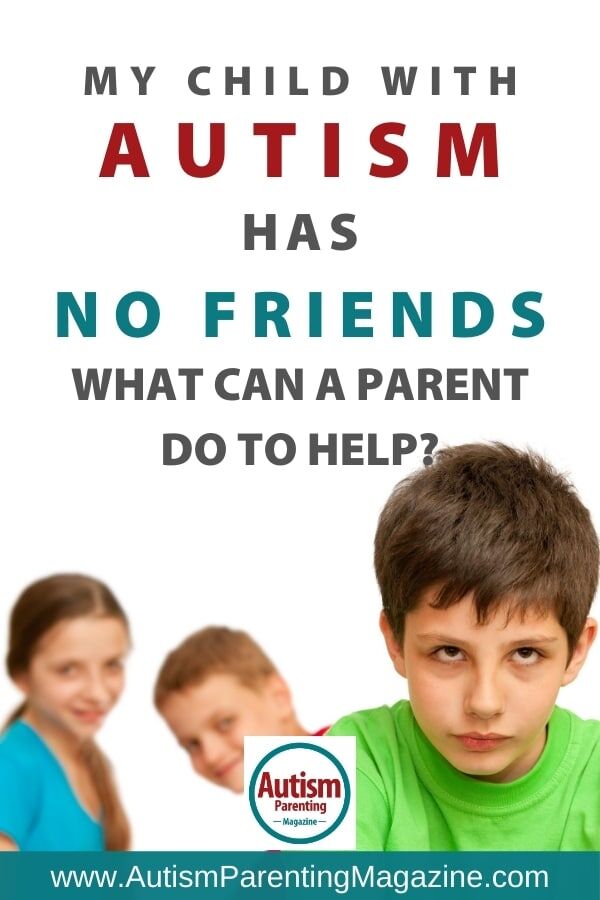Are you looking for effective ways to help your child with autism forge meaningful friendships? Look no further! In this comprehensive guide, we will explore proven strategies and practical tips to empower your little one in navigating the complex world of social interactions. Enhance your child’s social skills, boost their confidence, and create a supportive environment for them to thrive. Unveil the secrets to nurturing lasting bonds and watch your child with autism blossom in their journey towards building strong and fulfilling friendships. Let’s dive in!
Strategies for Enhancing Social Skills in Children with Autism: Unlocking their True Potential

In this blog post, we explore effective strategies for enhancing social skills in children with autism, helping them unlock their true potential and form meaningful friendships. Children with autism spectrum disorder (ASD) often face unique challenges in social situations, which may hinder their ability to develop strong connections with their peers. By utilizing targeted approaches such as social stories, role-playing, and visual support tools, parents and educators can assist children in overcoming these hurdles. Additionally, fostering a supportive and inclusive environment is crucial for promoting social development in children with ASD. With the right guidance and encouragement, children with autism can flourish in social settings and create lasting friendships.
The Power of Playdates: Fostering Meaningful Connections for Your Autistic Child

The Power of Playdates: Fostering Meaningful Connections for Your Autistic Child is crucial in their social development journey. By organizing and participating in playdates, you provide a safe and structured environment for your child to explore friendships and build social skills. This will enable them to form meaningful connections with their peers, as they learn to communicate, share, and engage in various activities together. To optimize your child’s playdate experience, carefully select playmates who have similar interests, prepare a routine, and choose activities that cater to their sensory needs. This will not only help your autistic child make friends but also improve their overall well-being and self-confidence.
The Role of Extracurricular Activities in Building Friendships for Kids with Autism

Participating in extracurricular activities can play a pivotal role in helping children with autism develop friendships and social skills. Engaging in group activities, such as sports, art classes, or clubs, allows kids to interact with peers who share similar interests, creating a comfortable environment for fostering connections. These activities also provide structured opportunities for practicing social skills, teamwork, and communication in a supportive setting. To maximize the benefits, consider choosing inclusive programs that promote understanding and acceptance of neurodiversity. By encouraging your child to participate in extracurricular activities, you can help them build lasting friendships and grow their social confidence.
Navigating the Social World: Teaching Your Autistic Child to Overcome Communication Barriers

Navigating the social world can be challenging for children with autism, as they often experience communication barriers that hinder their ability to make friends. To help your child overcome these obstacles, focus on teaching them essential social skills such as understanding social cues, maintaining eye contact, and expressing their feelings. Incorporate role-playing exercises and social stories to demonstrate appropriate social behavior and encourage your child to practice these skills in real-life situations. By providing a supportive environment and consistent guidance, you can empower your autistic child to build meaningful connections with their peers and foster lasting friendships.
Embracing Neurodiversity: Encouraging Inclusivity and Acceptance in Your Child’s Social Circle

Embracing neurodiversity is essential in fostering an inclusive and accepting social environment for your child with autism. By promoting the understanding and appreciation of neurological differences, you can help your child’s peers embrace their uniqueness and create meaningful connections. Encourage your child to participate in social activities, clubs, and events that foster inclusivity and celebrate diversity. Additionally, educate others about autism and the importance of neurodiversity, dispelling myths and misconceptions. Empower your child by teaching them self-advocacy skills, boosting their confidence, and nurturing their talents. By embracing neurodiversity, you can help your child with autism forge strong friendships and thrive in their social circle.




